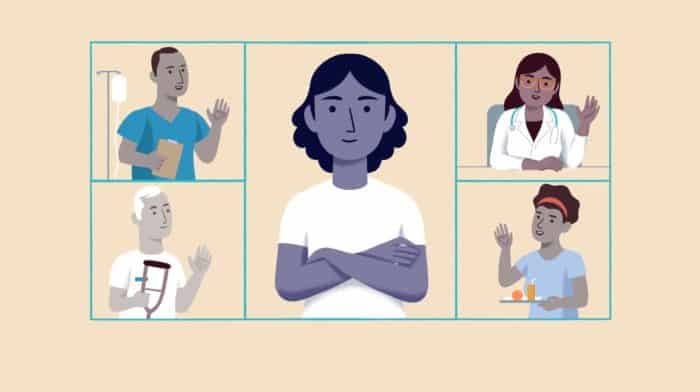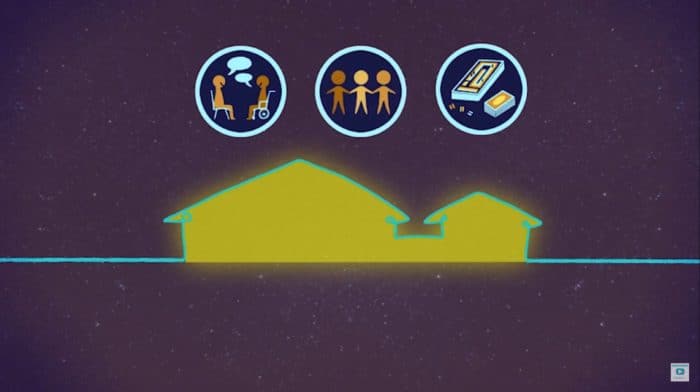What is Palliative Care
Just hearing the words palliative care can be scary. When a doctor says the person you’re caring for would be helped by palliative care, you might think that means they’ll pass away soon, but that isn’t always the case. Palliative care is a type of health care for patients and families facing life-limiting illness. It is not limited to end-of-life and or terminal-stage care – it’s available for people living with any illness, at any age and at any stage of an illness. In this video, we’re going to talk about what palliative care means and how it can help the person you’re caring for
Just hearing the words palliative care can be scary.
When a doctor says the person you’re caring for would be helped by palliative care, you might think that means they’ll pass away soon but that isn’t always the case.
In this video, we’re going to talk about what palliative care means and how it can help the person you’re caring for
Palliative care is a special plan of care that is meant to relieve pain, provide comfort and dignity and improve the quality of life of the person you’re caring for.
This special care plan is put in place when a person has been diagnosed with an illness that is life-limiting or terminal, but it doesn’t mean that they are actively dying.
Palliative care can be added to a treatment plan when someone is in the early stages of an illness and is still receiving treatment to help or cure the illness they have.
Being diagnosed with a terminal illness affects the lives of the person with the diagnosis and their caregivers, family, and friends.
Palliative care is meant to help with the physical parts of their illness as well as help with the emotional, spiritual, social and cultural needs of each person and their family.
There are 4 main goals of palliative care
1. Pain control. Doctors, nurses, and pharmacists will work together with you and the person you’re caring for to come up with the best plan to make sure they’re not in pain.
2. Managing other symptoms of their illness. This can include nausea, vomiting, loss of appetite, having a hard time breathing or confusion. Other health care team members like dieticians or respiratory therapists may also help with the care plan here.
3. Helping make sure that the person you’re caring for and their family, friends and caregiver’s emotional needs are met. This can include speaking with a therapist or a religious or spiritual leader.
4. Support for you as their caregiver. Helping care for someone through a terminal illness can be all-encompassing and really overwhelming. You’ll need support.
Palliative care services can help get you home care support, training on how to do things like giving medications or changing a wound dressing or access to volunteer relief programs so that you can go out and get groceries, take a bath, read a book and know the person you’re caring for will be supported when you take a much-needed break
Having palliative care services will help make sure that they are supported completely, which helps reduce worry, stress, and fear.
For more information on topics that support caregivers, visit our channel






